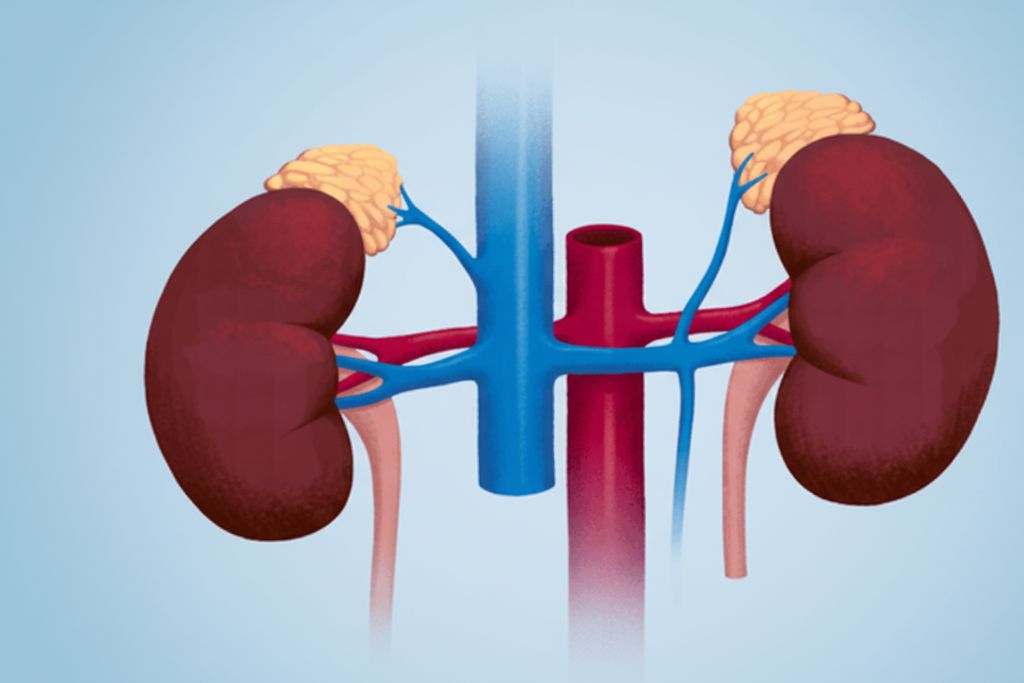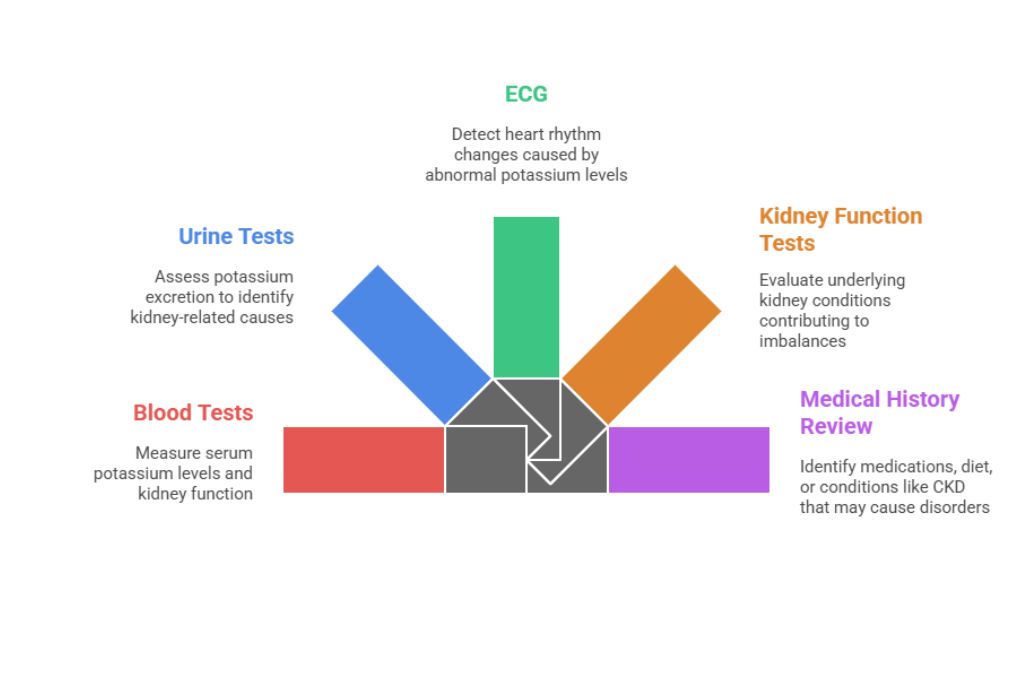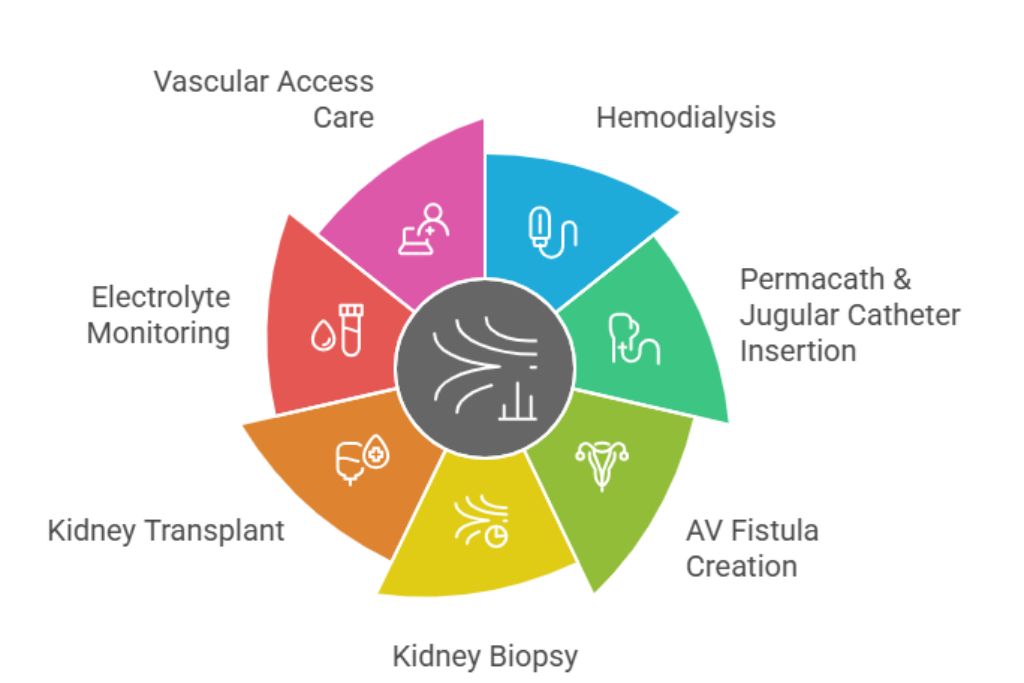What are Potassium Disorders?
Potassium disorders, involving abnormal levels of potassium in the blood, can significantly impact
overall health, particularly kidney function. Proper management of these disorders is critical to
prevent serious complications. As a leading provider of potassium disorder treatment in Gorakhpur, Dr.
Arpit Srivastava offers specialized nephrology care to diagnose, treat, and prevent these conditions.
He provides complete support for patients, including understanding their types, causes, effects on
kidney health, symptoms, diagnosis, treatment options, advanced services, and preventive measures. With
a focus on compassionate and expert kidney care, patients across Purvanchal trust Dr. Srivastava for
effective management of potassium disorders.
Potassium is an essential mineral that regulates nerve function, muscle contractions, and heart rhythm.
+91-7054357996





.png)



